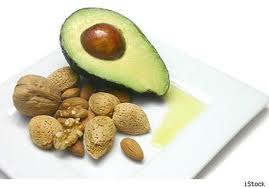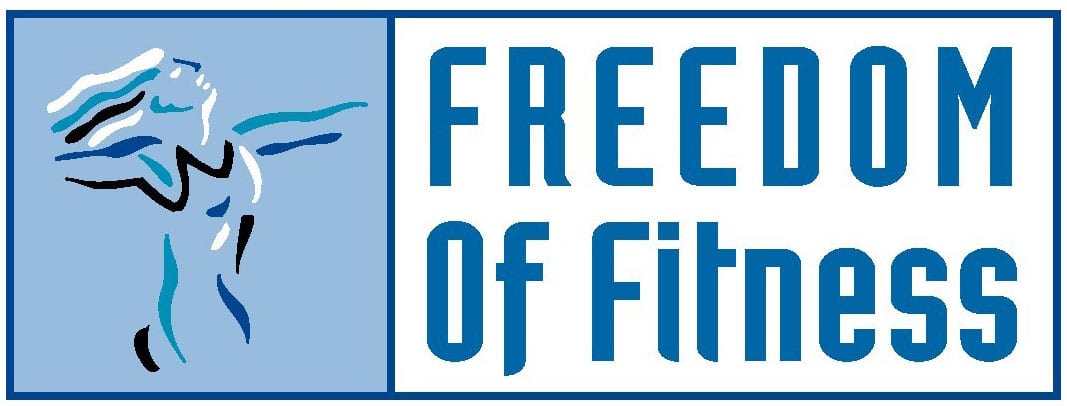
Fats, also known as lipids, are the most concentrated source of energy in the body. Fat has 9 calories per gram compared to the 4 calories per gram that carbohydrate and protein yield.
Human beings need dietary fat to carry vitamins A, D, E, and K, the fat-soluble vitamins, throughout the body. We also need fat to synthesize natural occurring steroids and cholesterol.
Saturated fats are fats that are usually solid at room temperature. They are found in meats, whole milk products and lard. Hydrogenated fats have been treated by a process, which adds hydrogen to it, making the fat or oil harden. Many commercial peanut butters and crackers contain hydrogenated fats. Too much of both these fats can cause cardiovascular disease.
Unsaturated fats are either polyunsaturated, found in fish and most vegetable oils, or monounsaturated, found in olive oil, avocados and cashews. These fats contain essential fatty acids, which play specific roles in maintaining health such as; fat mobilization, cellular health, and the production of a hormone-like substance called prostaglandins, which regulate every system in your body. EFAs also strengthen the immune system and help fight infection.


